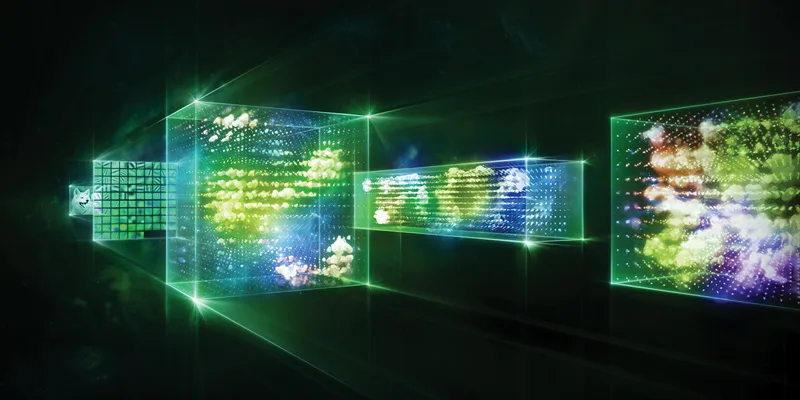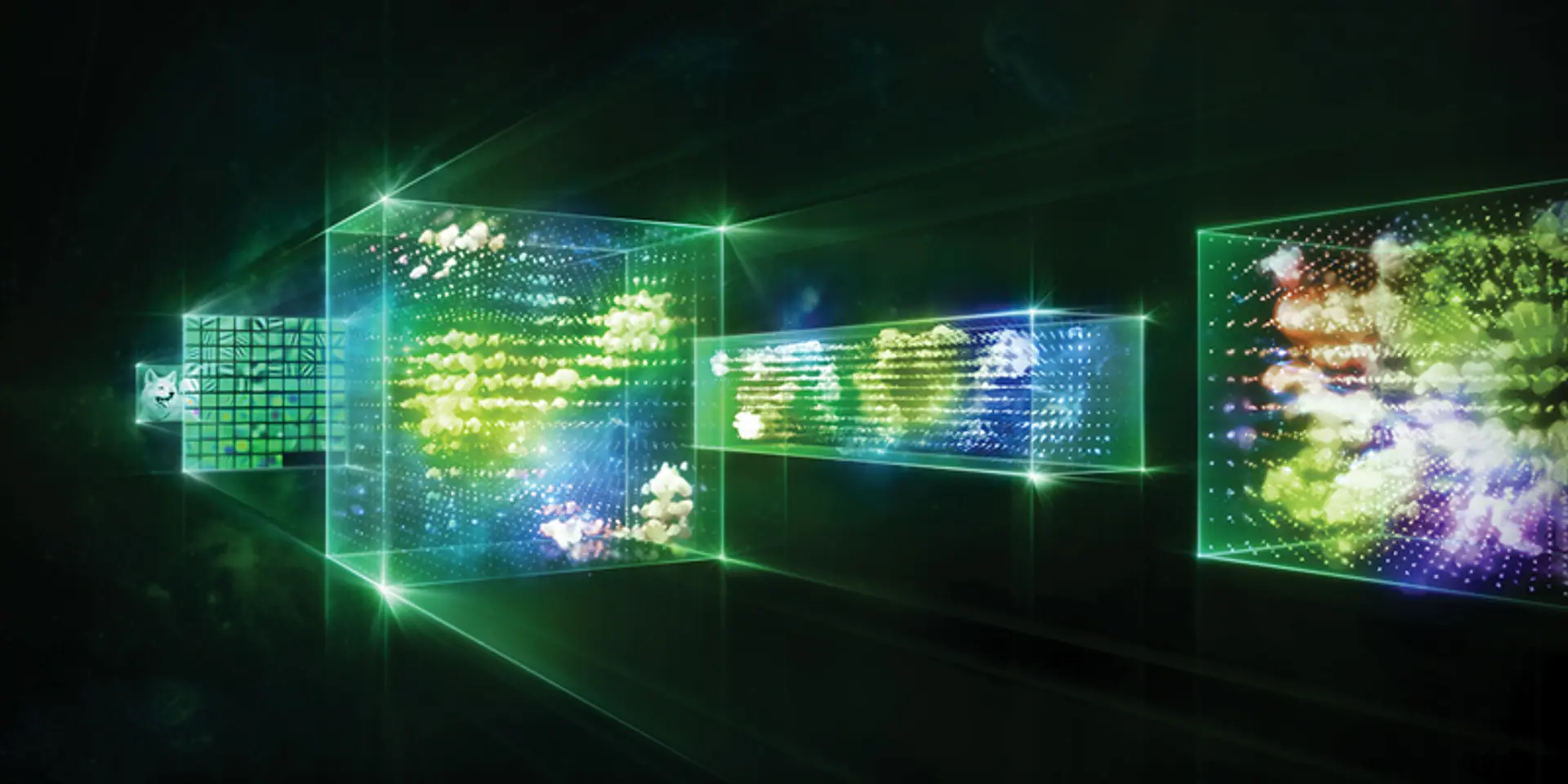One of the most defining aspects of this century is the mass of data that is available everywhere. Using this data competently and analysing it is one of the many things that deep learning (DL) does. From fighting cancer by studying its pathology and patterns to warding off asteroid attacks, deep learning has put the world on a whole different trajectory.
In deep learning the computer solves a problem independently by going through multiple levels of learning, which makes a lot of simple tasks much more efficient and accurate. This intricate level of computing requires GPU-accelerated computing to speed up tasks such as image, handwriting and voice identification.

Here’s another scenario worthy of Hollywood attention: how deep learning based algorithms are powering the process of decoding complex brain signals in real-time. This happened at the bionic ‘Olympics’ in Zurich, Switzerland. Decoding the complexities of Parkinson’s Disease and getting a ringside view of its progress has also been made possible by deep learning. Clearly, people working on some of the world’s most researched diseases have found it tremendously advantageous to use deep learning to solve problems.
With so many critical advantages to deep learning, it is not surprising that large corporations such as Microsoft and IBM are investing serious research dollars into it. By staying completely agnostic DL has made itself invaluable in sensitive issues such as detection of payment fraud. Deep learning can adapt to rapidly changing online behavior and stop scammers before revenue is lost or reputations are damaged.
Personalised buying recommendations by leading e-commerce companies are fast becoming a reality. DL studies the data on browsing and buying behavior and gives key inputs. Planning resources for manufacturing companies and predictive trading are some of the other areas where deep learning plays a critical role. Seldom has a technology been so democratic in its use and the advantages it offers.
Healthcare continues to be the focus area for growth and investment across the globe, and undoubtedly deep learning plays a dominant role in the way it evolves. Some areas, such as mining medical data for better and quicker treatment, faster and more accurate diagnoses and genomics for personalised medicine, are progressing fast. DL is also helping the visually impaired ‘see’ the world with wearable devices used along with computer vision and GPUs.
Currently, healthcare works with the collaboration of humans and machines, but with DL the process will become so much more evolved. It could assist humans with tasks that they are not highly proficient in, i.e.it could make diagnoses much faster and far more accurate.
When Google’s Deep Mind beat the top professional player of GO, the world sat up and took notice, because this was conclusive proof that computing power could now match human brain power.
Vishal Dhupar looks forward to meeting AI and Deep Learning enthusiasts at GTCx, NVIDIA’s prestigious annual technology conference to be held on December 06th 2016
Details can be found on - http://www.gputechconf.in
Venue: Renaissance Hotel, Powai, Mumbai



